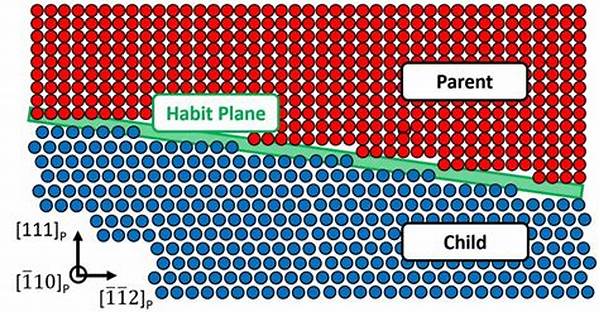I’m happy to help you craft content related to the topic “expert warning: the #1 common parent habit that confuses baby’s day/night cycle!” Below is a synthesis of the various parts you wanted in a cohesive manner. Let’s get started.
Read More : The Simple Math: How To Calculate Your Baby’s Ideal Night Sleep Requirement By Age!
—
In the journey of parenthood, few things are as precious as watching your baby grow and develop. However, amidst the adorable giggles and heartwarming moments, sleepless nights are a shared reality for many parents. Navigating the challenges of a baby’s sleep schedule can be daunting. What if improving your baby’s sleep cycle was as simple as avoiding a common mistake almost every parent makes? Read on to discover expert insights into the #1 habit that disrupts a baby’s natural day/night rhythm, and how to cultivate a serene sleeping routine.
For new parents, understanding a baby’s sleep patterns may seem like decoding an enigma. The cycle that guides these sleep patterns is known as the circadian rhythm. This innate biological clock regulates sleepiness and wakefulness in 24-hour cycles. Babies, however, are not born with fully developed circadian rhythms; these systems evolve over the first few months of life. It’s during this fragile period that parents can unknowingly instill habits that may confuse the baby’s developing sense of day and night.
Many parents are unwittingly guilty of overlooking how daytime and nighttime habits impact their baby’s sleep. Chief among these habits is the frequent use of artificial lighting in the evening, which may inadvertently signal to the baby that it’s still daytime. Credible experts emphasize: “Maintaining bright lights before bedtime can interfere with your baby’s ability to establish a consistent night-time routine.”
—
Breaking the Habit: How Light Exposure Can Affect Sleep
To truly nurture a well-adjusted sleep schedule for your baby, consider the role of light exposure. Natural daylight exposure during the day lays the foundation for alertness, while dim lighting in the evenings is crucial for promoting the production of melatonin, the sleep hormone. Bright screens and room lighting in the evening can send mixed signals to your baby’s brain, disrupting the natural inclination to sleep.
For instance, Dr. Stephanie Grey, a pediatric sleep consultant, highlights in Parenting Bright magazine: “A simple adjustment like dimming the lights an hour before bedtime can make a significant difference. This simple action supports your baby’s internal clock, helping them to differentiate between day and night.”
—
Building Better Bedtime Routines
Establishing consistent bedtime routines can greatly benefit your babe’s sleep health. Developing cues through routines helps babies predict and emotionally prepare for the transition from wakefulness to sleep. This involves gradually lowering activity levels, using soft lighting, and engaging in calming activities like gentle rocking or storytelling.
Incorporate dim lighting as part of this nightly ritual to avoid falling into the trap cautioned by the expert warning: the #1 common parent habit that confuses baby’s day/night cycle! The effects of such practices are often substantiated through parental testimonials praising the profound improvements in sleep quality.
—
What Parents Say About Implementing Changes
Many parents find solace in hearing the stories of others who have successfully conquered the challenges of distinguishing day from night for their babies. “Changing our lighting habits was a game-changer,” shares Amy, a mother from Chicago. “I admit, we were guilty of keeping the TV and overhead lights on, but once we started using softer lighting after dinner, not only did our Bella start sleeping better, everyone was happier!”
By embracing the counsel of experts and learning from shared experiences, parents can craft a serene sleep environment conducive to their baby’s developmental needs. It’s never too late to break the habit and embark on a journey to more restful nights for the entire family.
—
Actions to Address Light Exposure Habits
—
Exposing your baby to healthy sleep habits is an essential aspect of parenting, one that can significantly impact their growth and your well-being. By heeding this expert warning: the #1 common parent habit that confuses baby’s day/night cycle, parents can cultivate healthier sleeping environments that nurture their baby’s developing circadian rhythm. Through dedication and informed practices, both you and your baby can enjoy more restful nights and brighter days.
